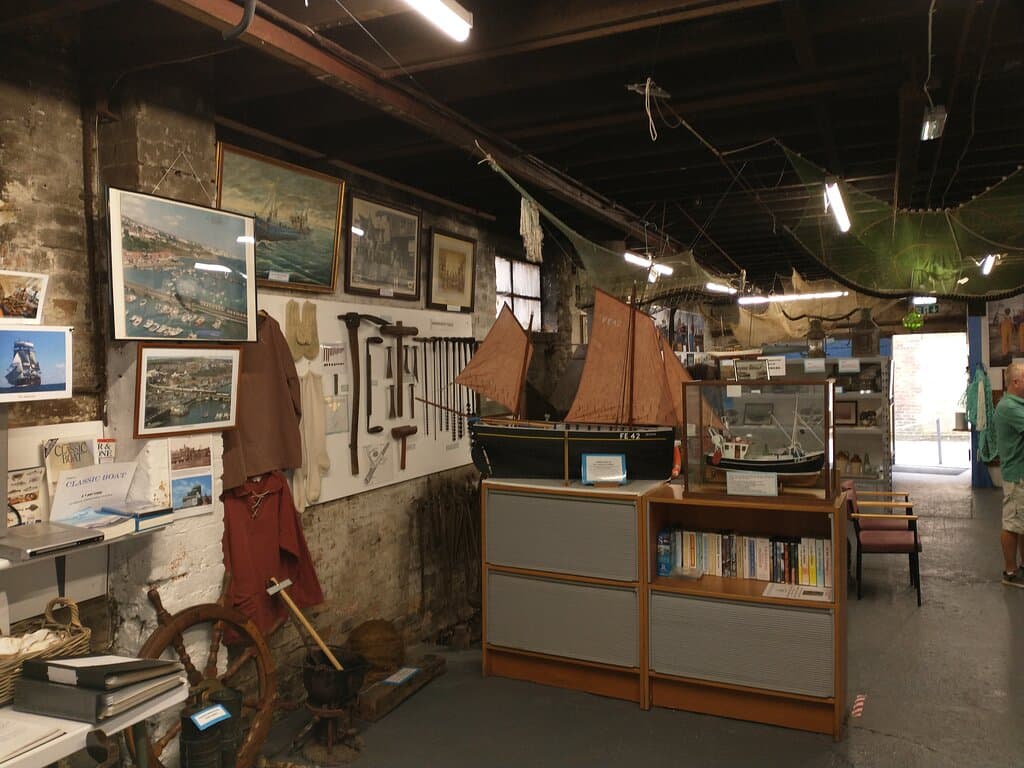
Folkestone Fishing Museum
A small, heartfelt museum preserving Folkestone's fishing legacy with passionate volunteers and engaging exhibits.

Highlights
Must-see attractions
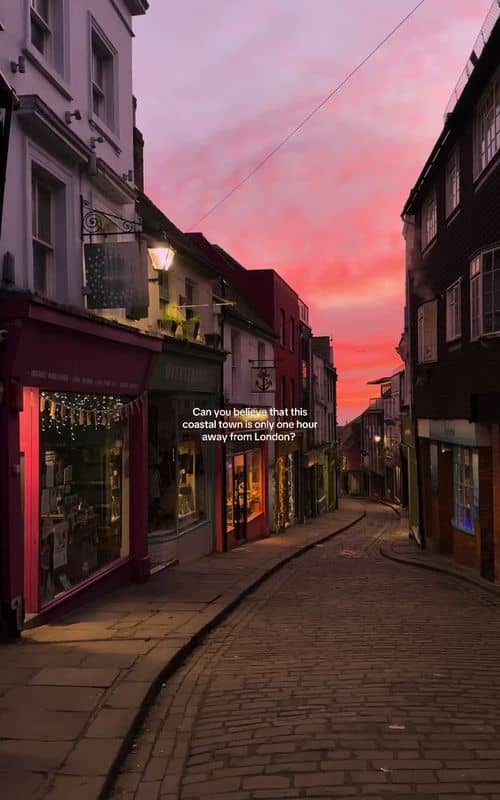
Social
From TikTok & Reddit
Best Time
Fewer crowds, more interaction

Folkestone Fishing Museum
Best Time
Fewer crowds, more interaction

Highlights
Must-see attractions
A small, heartfelt museum preserving Folkestone's fishing legacy with passionate volunteers and engaging exhibits.
"An honour to visit this information centre dedicated to fishing and harbour life in Folkestone."

Chat with the Volunteers
They're the heart of the museum! Ask them anything about Folkestone's fishing past. :speech_balloon:
Donations Welcome
Entry is free, but donations help preserve this local gem. :heart:

Highlights
Discover the most iconic attractions and experiences
Folkestone's Fishing Past
Discover artifacts, tools, and photos detailing a once-thriving fishing industry. Understand its decline and impact on the town.
Stories from the Helm
Engage with knowledgeable volunteers who share personal anecdotes and historical insights about harbour life and maritime history.
Art Installations
Experience rotating art exhibits, often inspired by the sea and local heritage, adding a contemporary layer to the museum's narrative.
Plans like a pro.
Thinks like you
Planning Your Visit
Embrace the Local Charm
Harbour Area Exploration
Best Times
Insider Tips
from TikTok, Instagram & Reddit
Chat with the Volunteers
They're the heart of the museum! Ask them anything about Folkestone's fishing past. :speech_balloon:
Donations Welcome
Entry is free, but donations help preserve this local gem. :heart:
Explore the Harbour
Combine your visit with a walk around the harbour area. :ship:
Check for Art Exhibits
The museum often hosts local art installations. :art:
Tips
from all over the internet
Chat with the Volunteers
They're the heart of the museum! Ask them anything about Folkestone's fishing past. :speech_balloon:
Donations Welcome
Entry is free, but donations help preserve this local gem. :heart:
Explore the Harbour
Combine your visit with a walk around the harbour area. :ship:
Check for Art Exhibits
The museum often hosts local art installations. :art:
What Travellers Say
Reviews Summary
Visitors praise the Folkestone Fishing Museum for its authentic portrayal of the town's maritime heritage and the passion of its volunteers. While the museum highlights the decline of the fishing industry, it does so with engaging exhibits and personal stories. Some visitors note the small size of the museum, but generally find it a worthwhile and informative stop in the harbour area.
"An interesting local museum showing basically the downfall of the fishing industry in folkestone and the UK in general. Lots of interesting tools and nick nacks on show, the curator was an interesting chap with years of experience and took great pleasure in showing the live coverage of shipping within the channel. A worthwhile visit if your in the area."
Paul Hardy
"An absolute honour to visit this information centre dedicated to fishing and harbour life in Folkestone. Spent a good hour, immersing myself in all manner of artefacts related to what was once a very successful port. Very saddened to hear, first-hand, about the demise of the port. Only 7 fishing boats now operate from Folkestone Harbour [it was 10 until quite recently]. The chap at the helm was delightful to reminisce with about the ferry service and how even in 90's you could cross for £1 (I think I just about remember those promotions in The Sun newspaper!?) and so he used to go to Boulogne-Sur-Mere for day trips with family regularly and do a spot of shopping. I, myself, recall French market traders coming for the day in Dover in early 2000's. Unfortunately ferry travel is SO expensive, relatively to what it once was and is now reserved for a once annual endeavour (£250 return per car). Both the Mayor's from Folkestone and Boulogne were devastated at the loss of the ferry route as reciprocal
tourism for both towns was very successful (far more so than Calais and Dover!).
On a positive note the redevelopment of the harbour is pleasant and put the concrete to good use. I would fully support large, permanent images of the bygone fishing era to be placed along the beach boardwalk (just like they do in France) to keep the heritage alive and in the hearts and minds of locals and visitors alike in the present day."
Emma Fletcher
"Small museum dedicated to the fishermen of Folkestone, with many photos, memorabilia and artifacts related to their trade."
Mick Pelling
What People Like
What People Dislike
Frequently Asked Questions
🚇 🗺️ Getting There
The museum is located in Folkestone Harbour. It's easily accessible by train from London, with frequent services to Folkestone Central station. From there, it's a short taxi ride or a pleasant walk down to the harbour. Many visitors find it a convenient day trip from London.
There is parking available in the Folkestone Harbour area, though it can get busy, especially on weekends. Consider public transport if possible to avoid parking hassles.
Yes, it's a scenic walk from the town centre down to the harbour. Allow about 20-30 minutes, and enjoy the coastal views along the way.
🎫 🎫 Tickets & Entry
Opening hours can vary, and it's best to check their official website or social media for the most up-to-date information. Volunteers often staff the museum, so hours can be flexible.
Entry to the Folkestone Fishing Museum is typically free. However, donations are greatly appreciated to help maintain the exhibits and support the volunteers.
No, advance booking is generally not required as entry is free. You can usually just turn up during opening hours.
The museum occasionally hosts art installations and special events. It's worth checking their social media pages for announcements about upcoming exhibitions.
🎫 🧭 Onsite Experience
You'll find a fascinating collection of artifacts, tools, photographs, and memorabilia related to Folkestone's fishing industry. It tells the story of its past prosperity and decline.
The museum is run by enthusiastic and knowledgeable volunteers who are passionate about Folkestone's maritime history. They are often happy to share stories and answer questions.
While it's a small museum, children can learn about a different aspect of local history. The visual exhibits and stories might capture their interest, especially if they enjoy boats and the sea.
Most visitors spend around an hour at the museum, immersing themselves in the exhibits and chatting with the volunteers. It's a compact but informative experience.
Photography is generally permitted for personal use, but it's always a good idea to check for any specific restrictions or ask a volunteer if you're unsure.
🍽️ 🍽️ Food & Dining
Yes, the Folkestone Harbour area has several cafes and restaurants offering fresh seafood and other options. You can enjoy a meal with views of the harbour.
The museum itself is a place for exhibits, so it's best to consume food and drinks outside in the harbour area. There are plenty of spots to enjoy a picnic.
📸 📸 Photography
The harbour itself offers great shots of boats, the sea, and the surrounding coastal landscape. The museum's exterior and any art installations can also be photogenic.
The harbour redevelopment area, the beach boardwalk, and views across the English Channel are all excellent spots for photography.
For Different Travelers
Tailored advice for your travel style
👨👩👧 Families with Kids
Combine your visit with exploring the harbour area, which often has more open space for children to run around. The nearby beach and the general atmosphere of a working harbour can add to the adventure. Consider it a short, educational stop as part of a larger day out in Folkestone.
🚶 Day-Trippers from London
Plan to spend an hour or so at the museum, then explore the revitalized harbour area, perhaps enjoying lunch with a sea view. The combination of history, art, and coastal scenery makes for a well-rounded and enjoyable day out.
Deep Dives
In-depth insights and expert knowledge
The Decline of Folkestone's Fishing Industry
Volunteers, often with personal connections to the industry, share firsthand accounts of this transformation. They speak of a time when Folkestone Harbour was bustling with activity, contrasting it with the present day where only a handful of fishing boats remain. This narrative highlights the resilience of the community and the efforts to preserve their heritage in the face of significant economic changes.
Visitors often leave with a deeper understanding of the challenges faced by traditional industries and the importance of preserving maritime history. The museum acts as a historical archive and a memorial, ensuring that the stories of Folkestone's fishermen are not forgotten.
Art and Heritage at the Harbour
For instance, exhibitions have featured works that meditate on the English Channel or explore universal human experiences through narrative threads. This integration of art adds a dynamic layer to the visitor experience, offering a fresh perspective on the museum's core themes. It demonstrates Folkestone's commitment to cultural enrichment and its ability to blend its rich heritage with modern artistic expression.
These art projects not only enhance the museum's appeal but also contribute to the broader cultural landscape of Folkestone. They encourage visitors to engage with the space and its history in new and thought-provoking ways, making the Folkestone Fishing Museum a multifaceted destination.
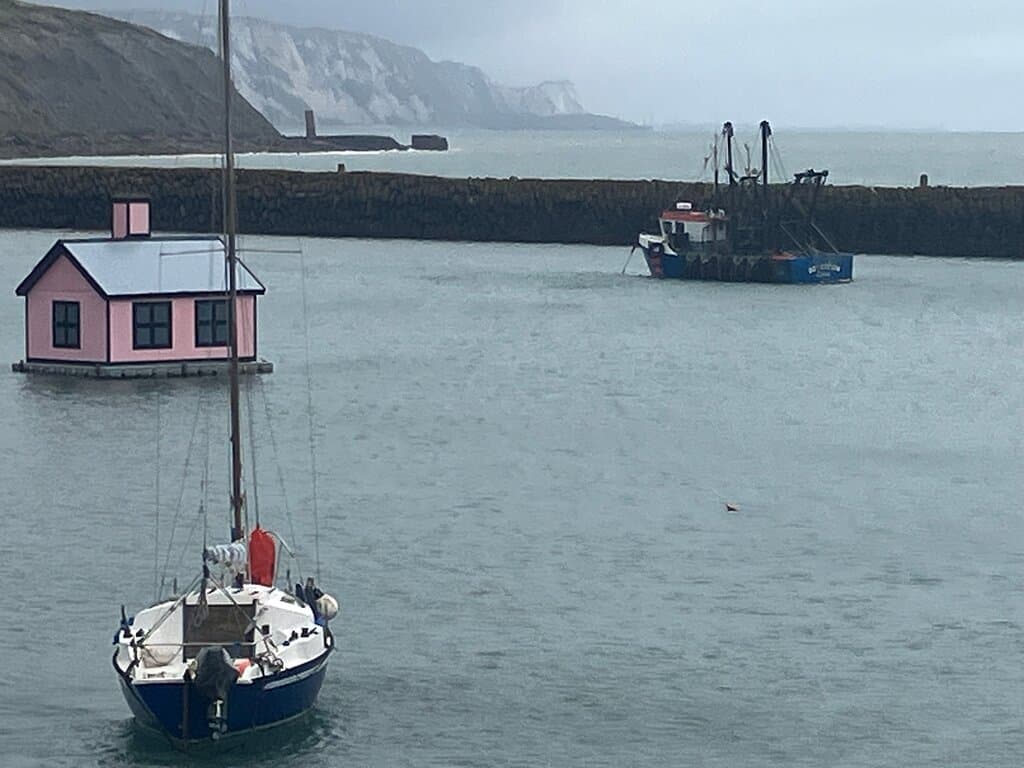
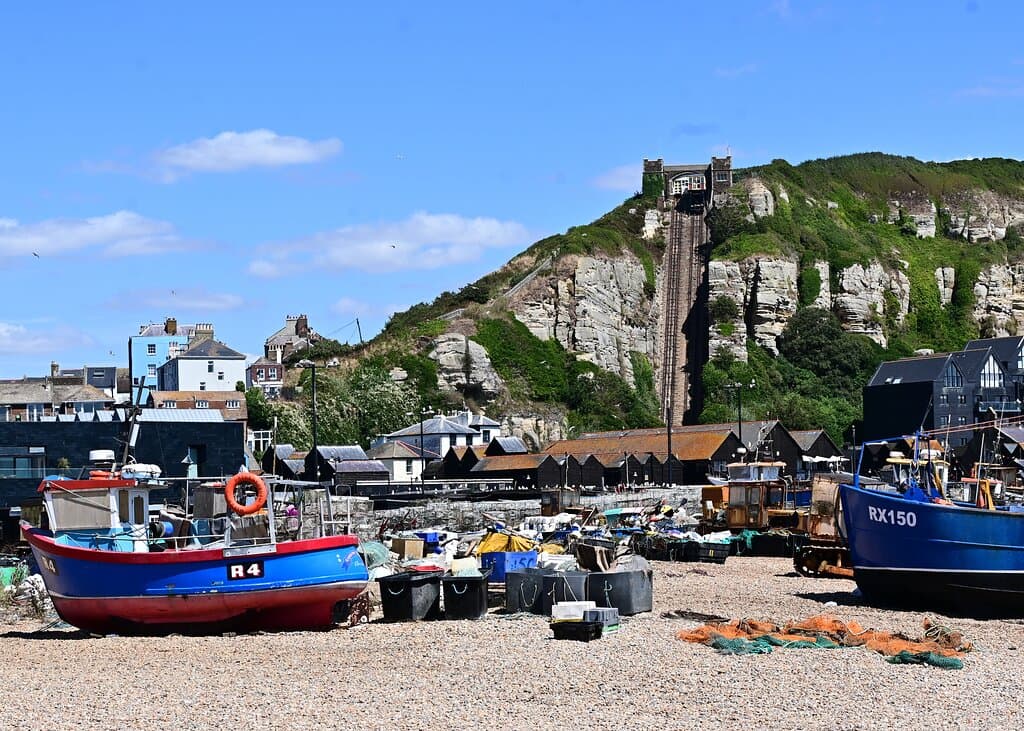
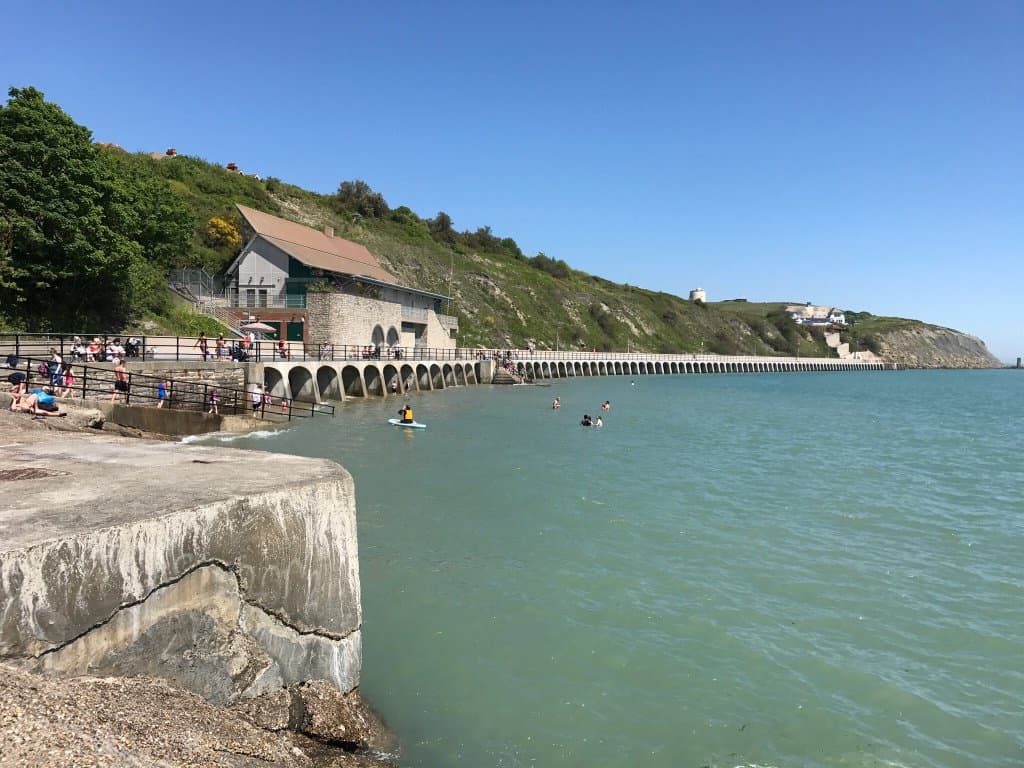
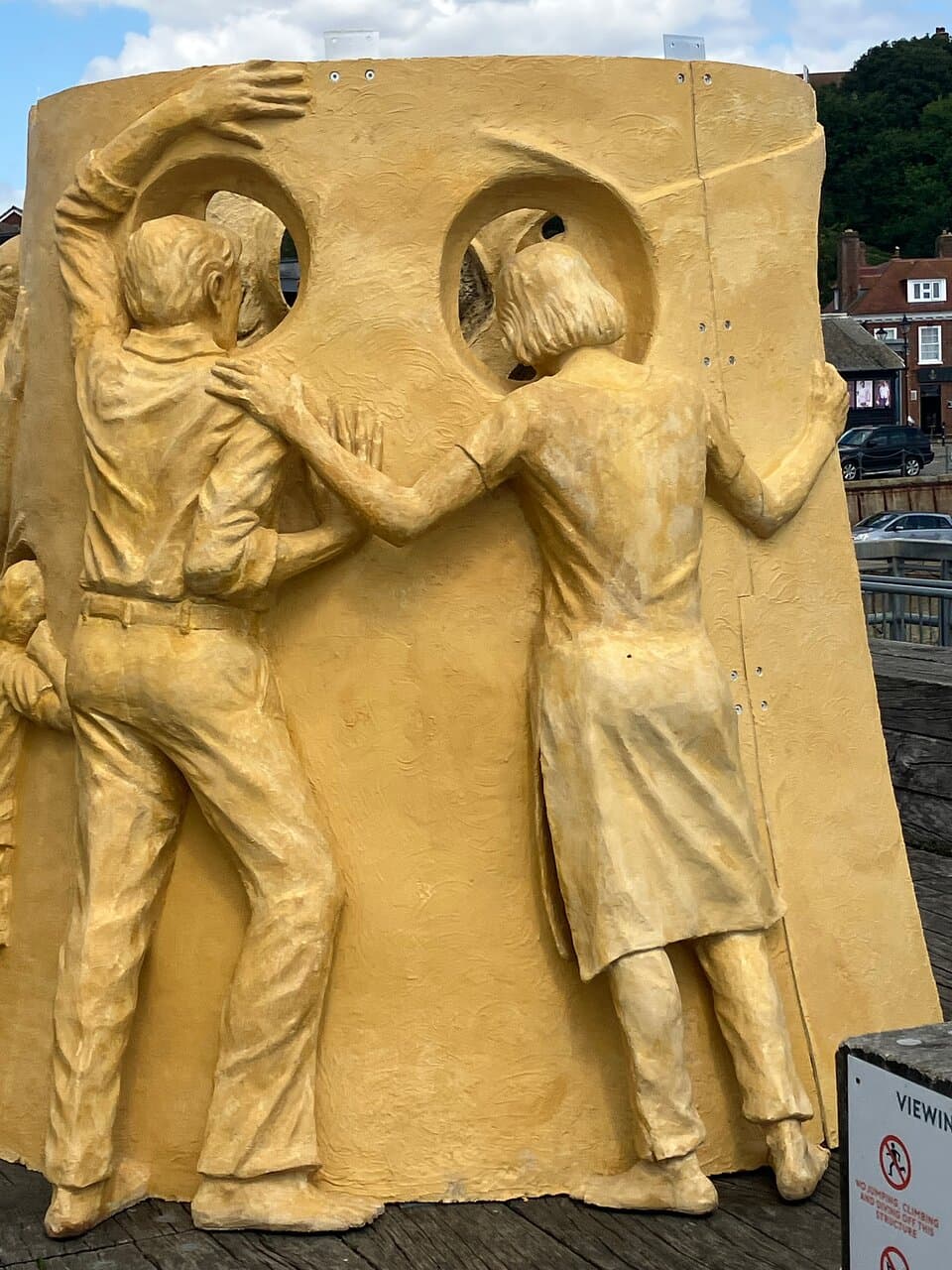
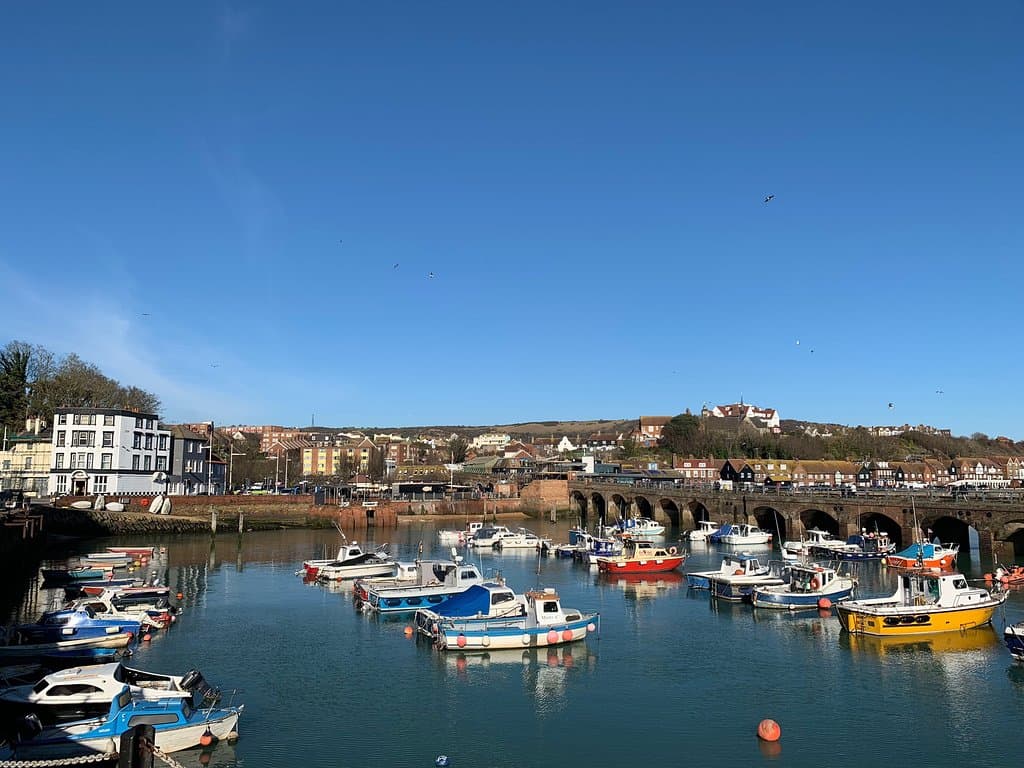
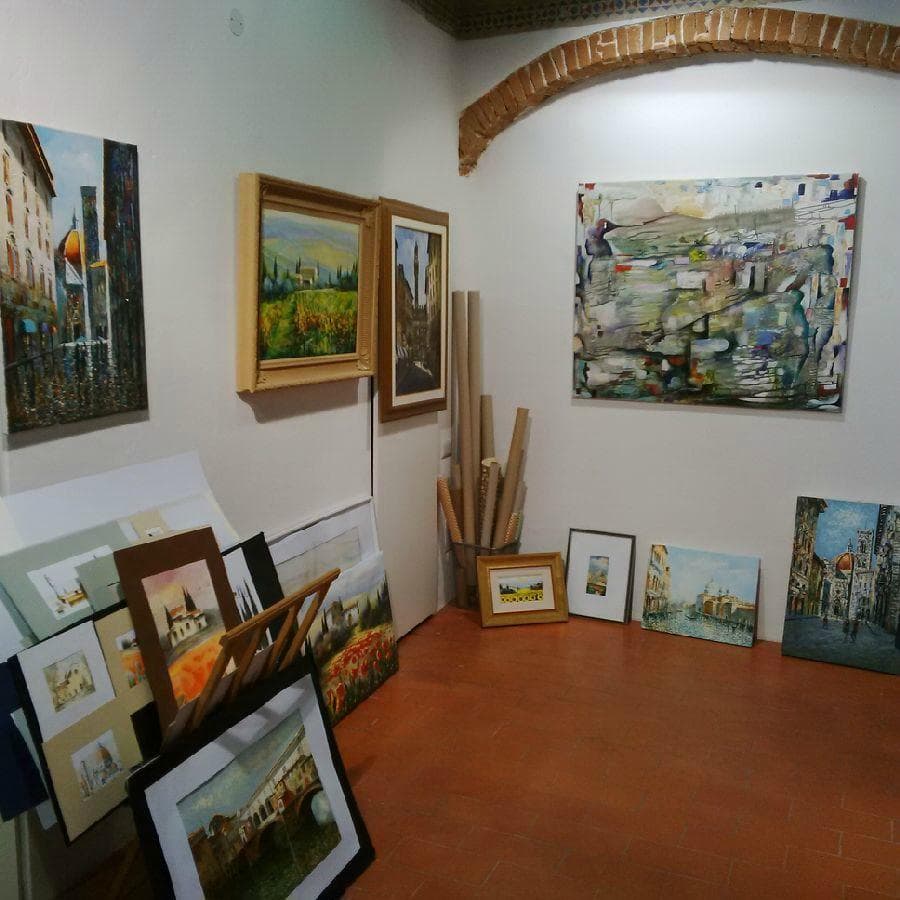
Social
from TikTok, Instagram & Reddit